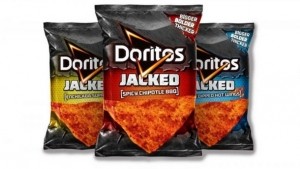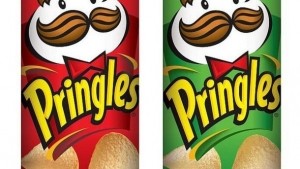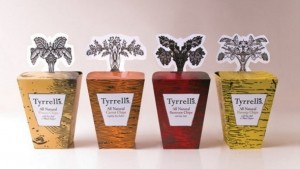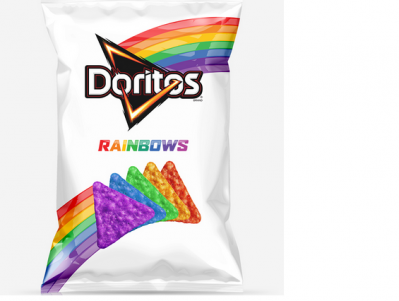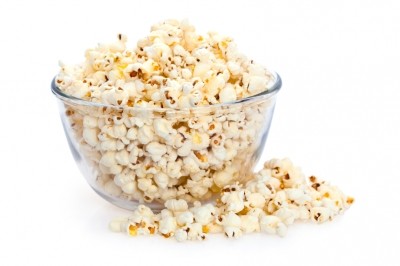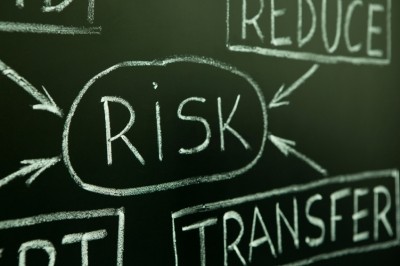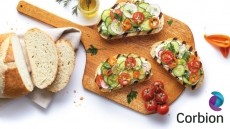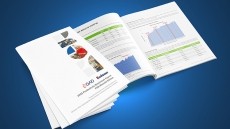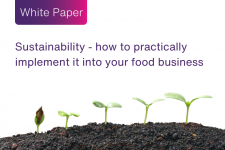Chip brand sustainability level has ‘a long way to go’: Rank a Brand
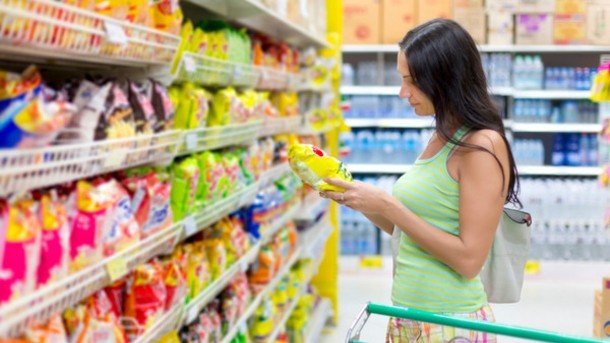
Rank a Brand took into account the use of sustainable ingredients and renewable energy, climate policy and labor conditions to grade popular chip brands, including Doritos, Lay's, Pringles and Kettle Chips, on their sustainability.
For each of the brands, there is “a long way to go” before achieving an acceptable level of sustainability, said Rank a Brand.
“What is remarkable, is that none of the crisps brands Rank a Brand researched scored higher than a D label (15 to 35% of the maximum score),” Rank a Brand’s report said.
“Of the 17 points that the brands could receive, the highest scoring brand only managed to get four.”
Speaking with BakeryandSnacks, Radboud van Delft, managing director, Rank a Brand, said he hoped it would be important for brands to become more sustainable.
He believes brands need policies that cover issues such as carbon emissions, environmental policies, and where ingredients come from.
“I think the number one action would be to define a policy regarding where they want to go to in that respect and to be concerned about it,” he said. “And the next step would be to meet a certain standard they set.”
“I think it’s definitely possible, I mean why not? If you look at branches of other food products, they are generally meeting higher standards than crisps. So definitely, that’s possible if there’s a willingness to do so.”
PepsiCo brands score the highest
Although getting the score of a D isn’t ideal, PepsiCo brands such as Doritos, Lay’s and Smiths all scored points for PepsiCo’s efforts to cut down on packaging and waste, carbon emissions and having a code of conduct in place for improved labor conditions.
PepsiCo announced in 2013 that its energy efficiency initiatives helped the company see an improvement of 4% over 2012, led by a 9.6% gain in efficiency from beverages and a 1.4% improvement in its food business.
While the food side of the business still has plenty of room for growth, the company claimed in 2013 that its greenhouse gas emissions were “essentially flat” to 2008 and saw a decrease from the year prior.
Next in line: Kettle and Pringles
Just barely scoring a D were the Diamond Foods-owned Kettle brand and the Kellogg’s brand Pringles.
Rank a Brand said Pringles has a code of conduct for minimizing its waste stream and a climate policy in place, which give it a few points.
“Pringles is on its way towards sustainability, but more improvement is needed,” Rank a Brand said on its website.
“In order to improve the score, we would love to see that Pringles, or brand owner Kellogg, reports more concrete achievements and goals.”
Kettle, on the other hand, has a plan in place for more sustainable oil use and having an organic chips brand with sustainable ingredients.
No known effort and room for improvement
Burts and Tyrrells, two UK-based companies, were given an E grade, Rank a Brand’s lowest possible. The website said it recommends to “leave these brands lying in the shelves.”
Asked if consumers voting with their wallet would really help brands become more sustainable, van Delft said money definitely talks, but it may take communicating directly with the companies to let them know how their customers feel.
“Another way would be to send an email, for instance, to your favorite brand asking them to improve their policies and practices in this regard,” he said.
“I think that could be an effective tool to get it on the agenda for these companies.”
